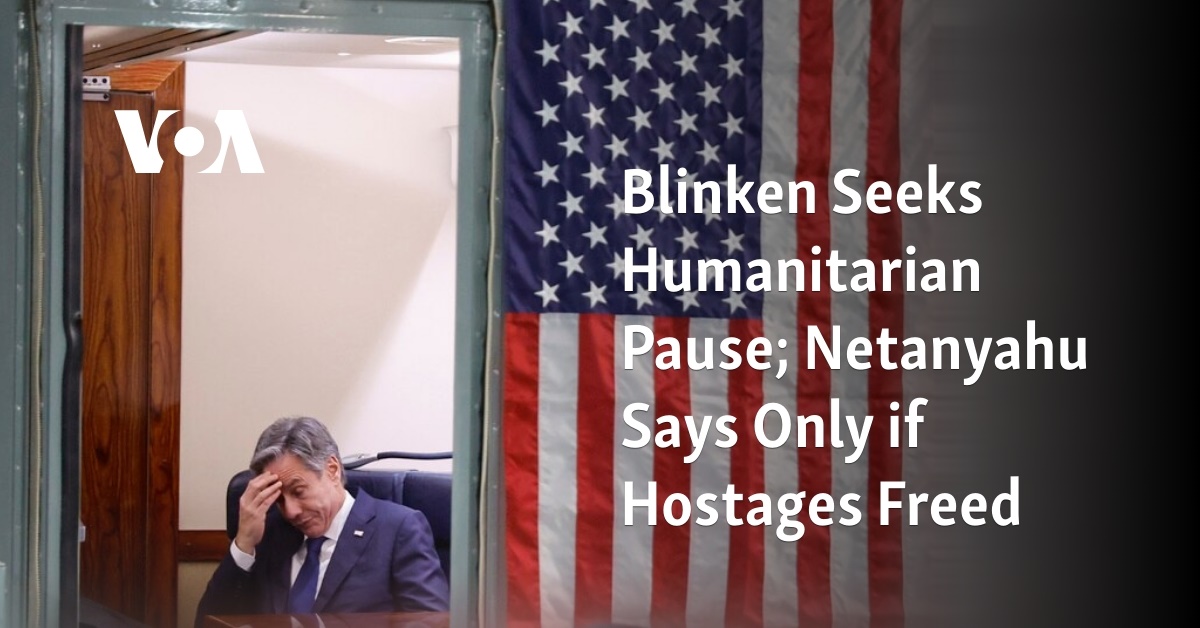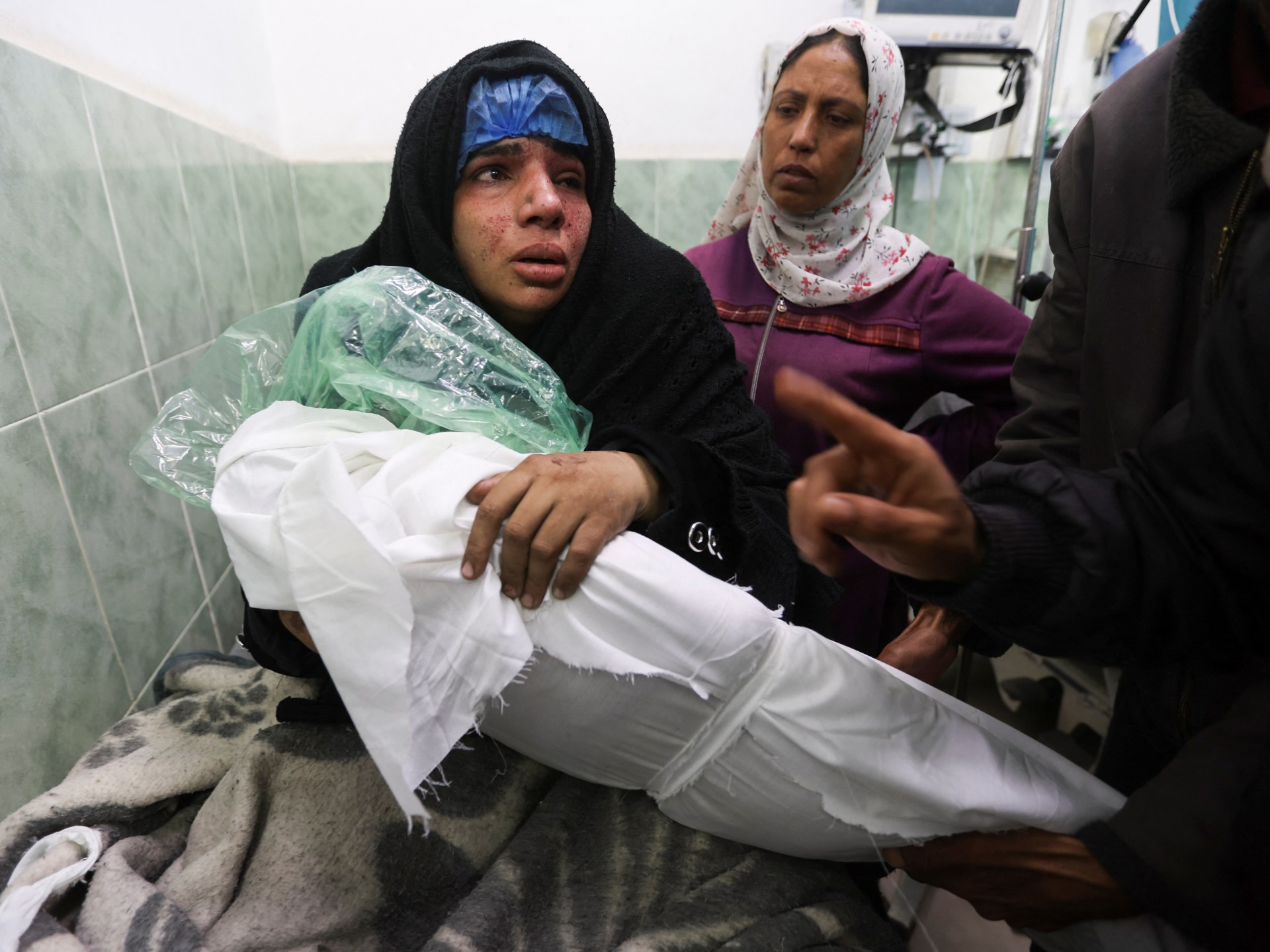
These days, newspapers and television stations across Europe are full of negative stories about my country, Rwanda, and its government.
Produced by an international consortium of 17 media outlets – including Germany's Spiegel, Britain's Guardian and France's Le Monde – and titled “Rwanda Classified”, the articles and news stories all seem to convey a single message: “Rwanda is not what Rwandans say it is. It is not a dynamic democracy with a welcoming society, but a repressive country where everyone lives in fear and journalists and opposition figures are silenced and even killed.”
This message, however unrealistic, is neither new nor surprising to Rwandans. Similar stories, which seek to expose the alleged “dark side” of Rwanda, regularly appear in the Western media, especially on important days in the Rwandan calendar, such as April 7, when we began our annual 100-day commemoration of the 1994 genocide against the Tutsi. As we are still marking the 30th anniversary of that genocide and are just weeks away from the crucial presidential and parliamentary elections, we are not in the least surprised that the Western media have decided to step up their one-sided, unfair criticism of our country now.
However, we are very surprised by the immense scale of the current wave of attacks on the country in the Western media. In the space of a few weeks, we have seen dozens of critical articles about Rwanda. With hundreds of bloody conflicts raging across the world, a global cost of living crisis destroying families, and the threat of climate change at an all-time high, we are indeed very surprised that the West's leading news organizations have so much time and space to make one-sided accusations against the government of a tiny African country that is, by most standards, doing quite well. We are also surprised to see that the journalists who wrote these articles based most of their claims solely on the testimony of Rwandans in exile, including known enablers, deniers, and perpetrators of the genocide who have ample personal and political reason to demonize the government.
There appears to be a concerted effort in the West to deny the reality of Rwanda's rebirth, to paint an empty facade of our country's impressive post-genocide progress, and to portray President Paul Kagame, who is expected to handily win the upcoming election, as a ruthless despot who does not have the support of his people.
The problem is not that there are critical reports about Rwanda in the Western press, but that there are ‘only’ critical reports, namely those that are heavily biased against the government and constructed on the basis of the statements and alleged experiences of a few people in the diaspora with a clear agenda.
Of course, Rwanda is not “perfect.” It has its problems and challenges like any other country. In addition, it faces unique obstacles as it continues to work toward reconciliation, rehabilitation and reconstruction after the horrific genocide against the Tutsi in 1994. But it is by no means the hellscape ruled by a murderous regime that the Western media portray it to be.
Fortunately, it is not difficult to expose the dishonesty of the Western media discourse about Rwanda. The Rwandan government has been inviting citizens from all over the world to “visit Rwanda” and see the truth about the country for at least a decade. With its relaxed visa and settlement policies and under the expert leadership of the Rwanda Development Board, the country is working hard to become a global destination for tourism and business.
Would a country with so much to hide, a country whose citizens live in fear of a repressive regime and are regularly subjected to violence, try so hard to attract as many foreign visitors – and permanent residents – as possible? Of course not.
Rwanda is one of Africa's and the world's most impressive success stories – just 30 years after it experienced one of the worst mass murders in history, it is now a confident, dynamic democracy with hope for the future. It has long laid claim to being one of the most stable countries on the continent, and is visited by thousands of tourists, businesspeople, politicians and world leaders every year. It has hosted major sporting competitions, technology and investment summits, and countless other regional and global gatherings. It is home to several prestigious international schools, such as Carnegie Mellon University – Africa and the University of Global Health Equity, which is affiliated with Harvard Medical School.
Under Paul Kagame's leadership, Rwanda rebuilt itself in just 30 years to become a land of business, investment and opportunity. Today it is a well-functioning welfare state with universal healthcare, education and heavily subsidised housing. It has earned a deserved reputation for retaining its best and brightest while attracting international talent. The World Economic Forum ranked it number one on its list of African countries that can retain their best talent. Today, there are more than 1,000 dollar millionaires in Rwanda. In its Africa Wealth Report 2024, British investment advisory firm Henley and Partners expects that number to rise by a whopping 80 percent over the next decade.
The efforts of the Western media to create a false impression of Rwanda as a repressive and hostile country in the eyes of the international community will all ultimately fail, especially as more and more people visit Rwanda and see the truth about our country with their own eyes.
Even waves of biased critical reports published by Western media organizations will not turn the Rwandan people against President Kagame and his government. Kagame was democratically elected President of Rwanda in 2010 and 2017, both times with more than 90 percent of the vote. He will do so again in July this year, not because he suppresses dissent, but because the Rwandan people continue to believe in him – despite all the accusations the West makes against him. In fact, the Western media’s “bashes” about the President only contribute to Kagame’s ever-increasing popularity in Rwanda and across Africa. Following the recent wave of critical articles about Rwanda in the Western media, an African colleague wrote to me jokingly congratulating us Rwandans “for all we have done to give the world’s elite such sleepless nights.”
The Western media is targeting Rwanda because it cannot accept that this small African country, which not so long ago experienced unspeakable horrors, has managed to find peace, democracy and stability on its own terms, under a government of its own choosing, and refuses to remake itself in the image of the West or according to its wishes.
But these attacks will only help to unite Rwanda even more.
The views expressed in this article are those of the author and do not necessarily reflect the editorial stance of Al Jazeera.






Recent Comments